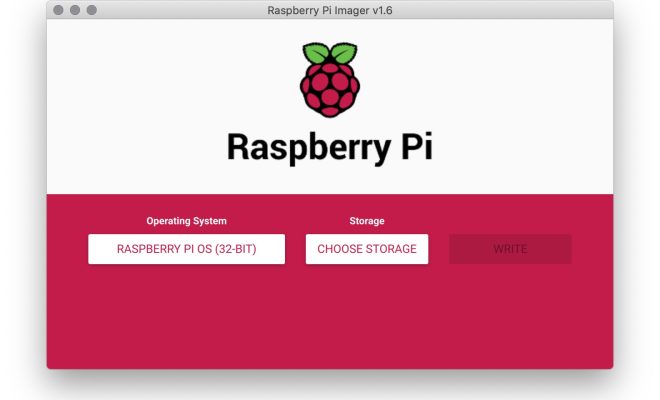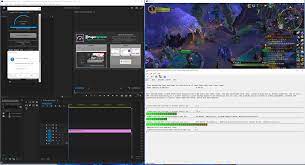Operating Systems That Run on Your Raspberry Pi

The Raspberry Pi, a small, low-cost computer that was originally designed to teach computer science in schools, has become a popular device among DIY enthusiasts and hobbyists. Its flexibility and versatility have made it an ideal platform for various projects that involve computing, automation, IoT, and more. In this article, we’ll be discussing the various operating systems that can run on your Raspberry Pi.
Raspbian: The Most Popular Choice
Raspbian is the official operating system for Raspberry Pi. It is a Debian-based distribution that has been optimized for the Raspberry Pi’s hardware. It comes with a variety of software applications and tools that are useful for educational, developmental, and hobbyist purposes. Raspbian is also relatively easy to set up and use, making it an ideal choice for beginners.
Ubuntu MATE: Ubuntu for Raspberry Pi
Ubuntu MATE is a popular Linux distribution that has been ported to the Raspberry Pi. It is based on the Ubuntu distribution and comes with the MATE desktop environment, a popular and lightweight desktop environment. Ubuntu MATE is designed to be easy to use and offers a variety of pre-installed software applications, tools, and utilities, making it a good choice for those who are familiar with the Ubuntu ecosystem.
Snappy Ubuntu Core: IoT Ready
Snappy Ubuntu Core is a lightweight operating system that has been optimized for IoT devices. It is designed to be secure, reliable, and easy to deploy on devices such as the Raspberry Pi. Snappy Ubuntu Core uses a transactional update system that eliminates the risk of update conflicts and ensures the system is always up-to-date. It also allows for easy package management and deployment, making it an ideal choice for IoT projects.
Arch Linux ARM: Customizable
Arch Linux ARM is a distribution of the Arch Linux operating system that has been optimized for ARM processors, such as those found in the Raspberry Pi. It is a lightweight and customizable distribution that gives users a lot of control over their system. Arch Linux ARM comes with the Pacman package manager, which allows users to easily install and manage packages. It also has a well-documented and active community that provides support and resources for users.
Windows 10 IoT Core: Windows on Raspberry Pi
Windows 10 IoT Core is a version of Windows 10 that has been optimized for IoT devices, including the Raspberry Pi. It is a lightweight and stripped-down version of Windows that is designed to run on low-power devices. Windows 10 IoT Core comes with a set of tools and utilities, making it easy to build, deploy, and manage IoT solutions. It also supports a variety of programming languages, including C++, Python, and Node.js.
Conclusion
If you’re looking to build a project with your Raspberry Pi, you have several choices when it comes to operating systems. The official Raspberry Pi operating system, Raspbian, is a good place to start for those who are new to the platform. For those looking for an alternative, Ubuntu MATE, Snappy Ubuntu Core, Arch Linux ARM, and Windows 10 IoT Core are all good choices depending on your needs and familiarity with the respective platforms. Regardless of your choice, each of these operating systems offers a wealth of tools, utilities, and support to help you get started on your project.






